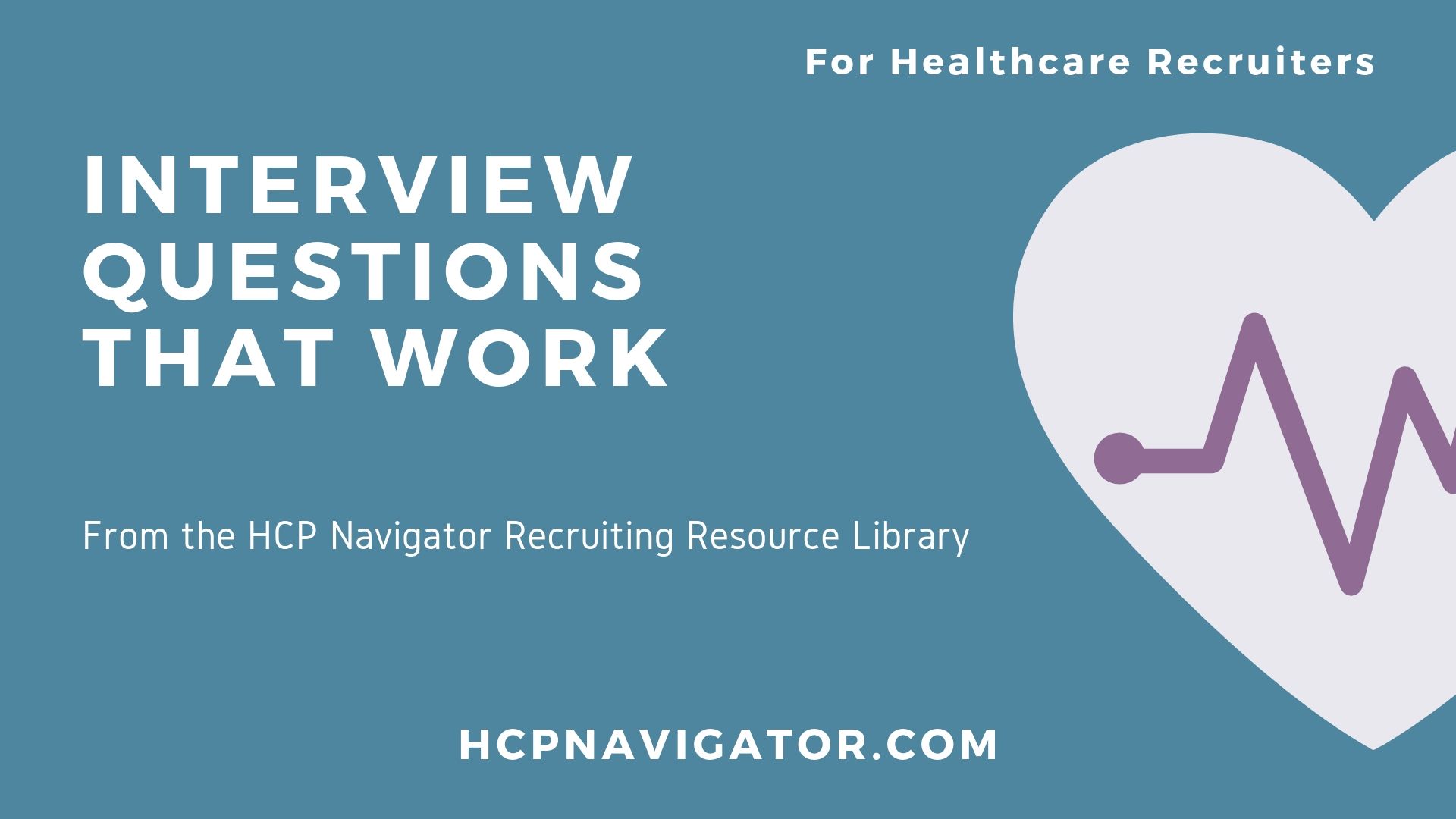
Healthcare and the Great Resignation
Part 2 of our ongoing series discussing the 2022 HCP Communication Survey
One of the more interesting statistics from Healthlink Dimensions’ [2022 HCP Communication Survey] comes at the end. 75% of provider respondents say that the COVID-19 pandemic had little or no impact on their desire to change jobs.
On the one hand, that result indicates that healthcare providers overwhelmingly remain committed to their jobs. On the other, it means that 25% of providers aren’t satisfied with their current employment. So we dug a little deeper and found some interesting – and alarming – numbers from other studies.
According to NSI Nursing Solutions’ 2021 report, the turnover rate for registered nurses increased by 2.8%, with a vacancy rate of 9.9%. That’s despite a decrease in turnover rate for advanced practice and allied health professionals.
In addition, 54% of physician respondents opted for an employment change. 36% indicated early retirement, closing a practice, or leaving the practice of medicine.
What accounts for this discrepancy? We think the wording of our question. We specifically asked if the COVID-19 pandemic impacted job satisfaction. Provider frustration and restlessness predate the current pandemic, and we suspect that many providers successfully compartmentalized the urgent need for COVID-19 care from longer-standing issues within the industry. At least one recent physician retention survey correlates with ours, stating that only 25% of physicians attributed burnout to the pandemic.
In short, the healthcare industry suffers from the same causes of the so-called Great Resignation that impact the broader US economy – frustration with working conditions, job dissatisfaction, lifestyle unsustainability, inadequate compensation, lack of respect. These trends started before COVID-19, and they will continue into the foreseeable future, especially for frontline healthcare workers.
Finally, the healthcare industry also faces a severe shortage of physicians. The Association of American Medical Colleges predicts a gap between 37,800 and 124,000 doctors by 2034, especially for specialties. Even worse, 67% of administrators said that their organization lacks a formal plan for physician secession.
Healthcare systems and private practices need to take action now to address these realities. A rich, up-to-date talent pipeline represents a critical – and critically underappreciated – strategy for moving quickly to secure increasingly scarce provider resources. Organizations losing skilled practitioners and office staff must move aggressively to keep crushing workloads from increasing their attrition rates. Those fortunate to avoid staffing issues today need to prepare for increased future competition for talents.
Other industries recognized the need for aggressive talent pipeline management long ago. That reality has now come to healthcare. And that’s why we created [HCP Navigator].
HCP Navigator is the industry’s most complete healthcare talent recruitment system, designed to help systems and practices maintain an up-to-date pipeline so that they can quickly find providers by specialty and geography. This powerful, intuitive system creates the outreach and engagement your organization needs to have talent on tap, ready for hire in an increasingly challenging and competitive environment.
Don’t be caught short as the provider landscape continues to evolve. Contact us today at 404.250.3900 to learn more about HCP Navigator, as well as other key findings from our 2022 HCP Communication Survey.



